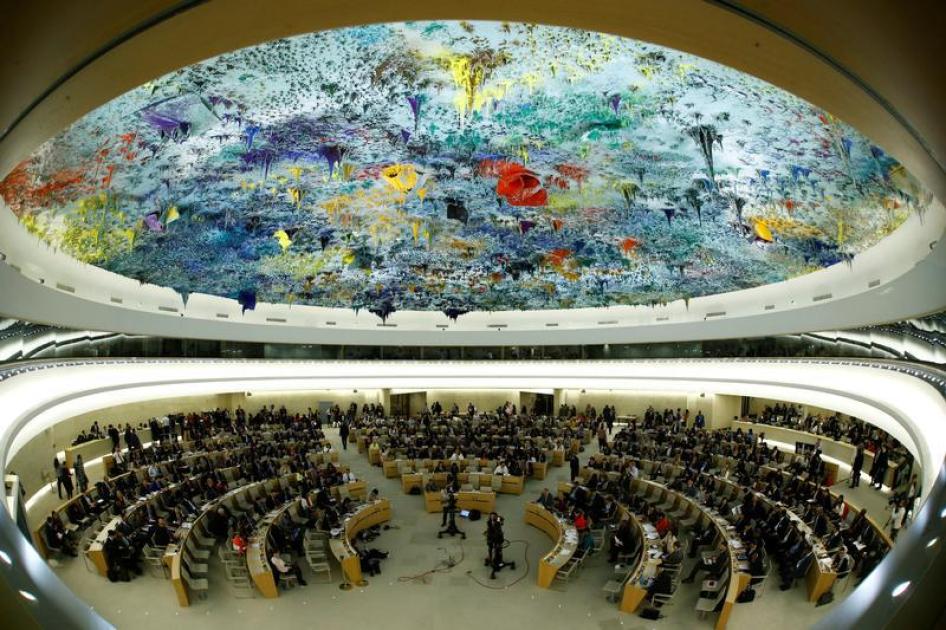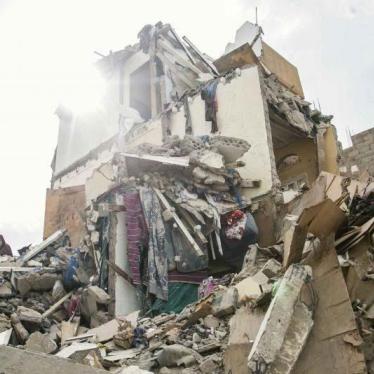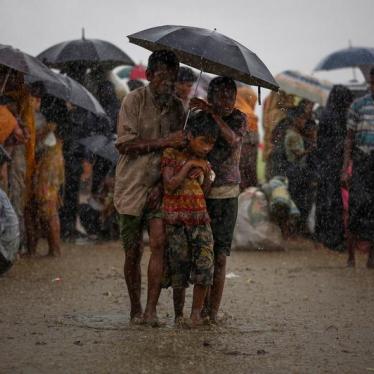This month, a new group of countries took their place as members of the world’s top human rights body.
For the next three years, those sitting on the United Nations Human Rights Council will include the likes of the Philippines, where thousands have been killed in the name of President Rodrigo Duterte’s “war on drugs”; Eritrea, found by a UN inquiry to have committed crimes against humanity; Cameroon, where government security forces have committed extrajudicial executions, burned property, carried out arbitrary arrests and tortured detainees while combatting a separatist insurgency; and Bahrain, which routinely retaliates against rights activists who raise concerns about government abuses.
These states will join persistent rights violators China, Egypt, and Saudi Arabia on the council.
Of course, no country has a perfect rights record, and many states seeking a spot on the council genuinely want to improve respect for human rights, both at home and globally.
But others vie for a seat on the council specifically to block criticism of themselves and to weaken the body’s ability to address rights abuses elsewhere. Burundi, for example, whose term ended last year, voted against every country resolution, including on its own situation. China has systematically used its position in the council to try and quash critical scrutiny of its own rights crackdown, and to vote against resolutions condemning grave international crimes, including in Syria, Yemen, and Myanmar.
But there is a way to ensure that rights violators who gain a seat on the Human Rights Council are held to account: the UN General Assembly resolution that created the council anticipates that members will be subject to increased scrutiny. It did so by requiring council members to uphold the “highest standards” of human rights, to “fully cooperate” with the council, and to undergo review of their rights record during their three-year term.
It is time for the council to uphold these standards. That means, for example, that the council should investigate China’s mass arbitrary detention of Turkic Muslims in Xinjiang. It should hold Saudi Arabia to account for the brutal murder of journalist Jamal Khashoggi and the ongoing detention and torture of women’s rights activists. And the Philippines might think twice about seeking a council seat if it knew that doing so would trigger a much-needed inquiry into the thousands of extrajudicial executions on Duterte’s watch.
The Human Rights Council should not be a place where violators come to seek shelter. It should be a profoundly uncomfortable place for rights violators; a place where they know they will be held to a higher standard and put under the spotlight for their abuses. Membership has its consequences.









